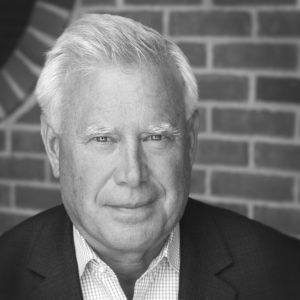What’s In It For Me?
New York Times writer David Brooks recently lamented on the annual ritual of American Colleges sending off another class of graduates into the world that hardly sets them up for success with a gloomy job market, anemic prospects for growth, and a dark thunder cloud of suffocating federal debt.
But given the challenging economic outlook there is an even more insidious send off that does little to help set graduates up for future success. This includes the continuous stream of graduation speeches that encourage graduates to follow your dreams, polish your strengths, embrace your passions, march to the beat of your own drummer, and remember you’re behind the wheel in driving the success of your career. The title of Brooks’s column was “It’s not about you.” Brooks suggests that the purpose of life is not to find yourself, but to lose it. He warns that the mantra of expressive individualism misleads on nearly every front. It most certainly can give way to three big distractions in a young person’s journey to success. The root of the big distractions is a focus on “me rather than we” and includes building your resume as well as an unhealthy preoccupation with WIIFM (What’s in it for me?). What this seemingly innocent focus on self seems to overlook is the fact that most people that are truly engaged, leaders that are consistently effective, and companies that are the role models of success, spend most of their time focused on things bigger than themselves.
Lose Yourself to Find Happiness
In the words of Bill Taylor, the cofounder of Fast Company, the more executives, entrepreneurs, and talented individuals that I get to know, the more I become convinced that true happiness and genuine success does not come from finding yourself, but in losing yourself. “Losing yourself in a company you can believe in, a cause that you are prepared to fight for, and a commitment to a problem that has defied a solution.”
Advice to Live By
Brooks provides the best graduation advice when he suggests that “most successful young people don’t look inside and then plan a life, they look outside and find a problem which summons their life.” A grandfather suffers from Alzheimer’s, a sister survives breast cancer, a teammate dies in a bus crash, or a 6-year-old neighbor child struggles with obesity. The simple message is to be less interested in you, and more interested in the world around you. Most successful leaders, teams, and individuals spend time on things bigger than themselves, their willingness to struggle, and the legacy that they hope to leave. How well you answer this question can be helpful in deciding if you are focused on me versus we is, “What is it that you want to create in the world around you (problem or possibility), that does not currently exist, that you are willing to endure personal sacrifice to bring to life?”






